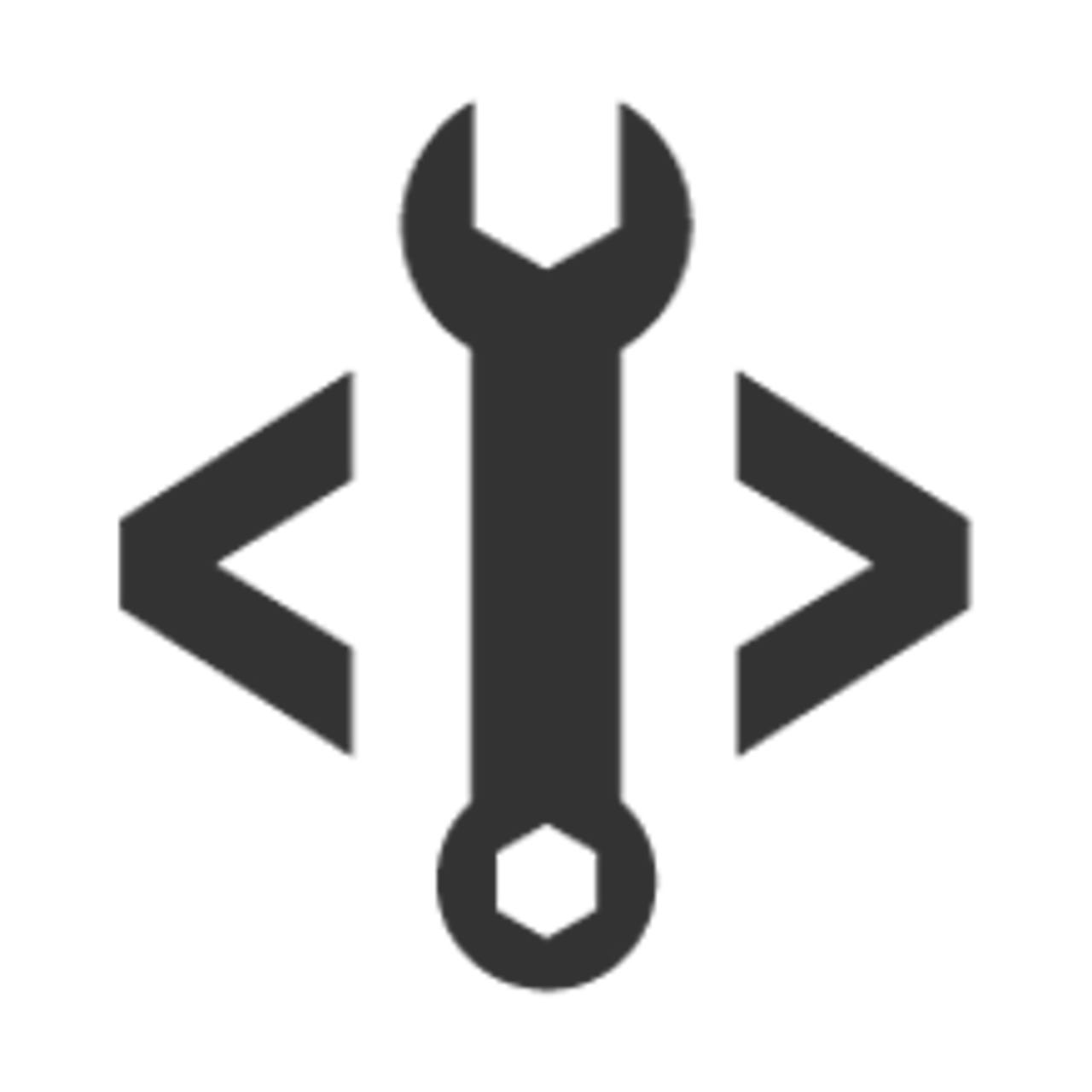Red Hat gives developers more programming goodies

Corporate IT operators love Red Hat Enterprise Linux (RHEL) for its stability and support options. Developers, however, want the latest programming tools. To help settle this eternal DevOps battle, Red Hat provides the Red Hat Developer Toolset and the Red Hat Software Collections so that programmers can have up-to-date tools on the operators' rock-steady RHEL 6 or 7 servers.

Developer Toolset 3.1 includes:
- GNU Compiler Collection (GCC) 4.9.2, the latest stable upstream version of GCC, which provides numerous improvements and bug fixes
- Eclipse 4.4.2 with support for Java 8 and updated versions of Eclipse CDT (8.6), Eclipse Linux Tools (3.2), Eclipse Mylyn (3.14.2), and Eclipse EGit/JGit (3.6.1)
- And additional updated packages, including GDB 7.8.2, elfutils 0.161, memstomp 0.1.5, SystemTap 2.6, Valgrind 3.10.1, Dyninst 8.2.1, and ltrace 0.7.91.
In the Red Hat Software Collections 2 Beta you'll find:
- Python 3.4 - the latest stable, major release of Python 3 and a number of additional utilities and database connectors for MySQL.
- PHP 5.6 - featuring numerous improvements, additions and a streamlined upgrade path for migrating from past versions.
- Perl 5.20 - a recent stable release of Perl shipped with a set of additional utilities, scripts, and database connectors for MySQL and PostgreSQL
- Ruby 2.2, and, in its own collection, Rails 4.1 give users the ability to access and install an updated version of Ruby without necessarily having to install an updated version of Rails.
- MySQL5.6 - inclusive of enhancements to InnoDB for higher transactional throughput, partitioning improvements for querying and managing huge tables, and better performance monitoring.
- MariaDB 10 - a recent stable release of this easy-to-adopt database alternative to MySQL
- PostgreSQL 9.4 - featuring the new JSONB datatype, increased scalability with Logical Decoding, the foundation for new replication tools such as Bi-Directonal Replication, and several additional enhancements that can contribute to improved performance.
- MongoDB 2.6 - a high-performance, cross-platform document database features comprehensive core server enhancements, enhanced scalability and index intersection.
- Passenger 4.0 - a modern web and application server for Ruby, Passenger 4.0 has been optimized for performance, memory usage and ease-of-use.
It also includes many updates and enhancements to existing collections, including:
- Maven 3.0.5 - a recent stable release of the popular build automation tool for Java projects that describes how software is built and associated dependencies.
- Python 2.7 - now includes python-wheel, python-pip, and associated dependencies
- Thermostat 1.2 - adds event-based profiling, an improved sampler profiler, Maven archetypes and visual improvements to the Swing client and charts.
- nginx 1.6 - a recent stable release of nginx, a high performance, open source HTTP sever and reverse proxy option.
- DevAssistant 0.9.3 - a useful tool for setting up development environments, publishing code and other related tasks, this latest, stable version includes several bug fixes and full backwards compatibility.
- Node.js 0.10.33 - previously only available through an unsupported tech preview, the latest stable release of this modern programming platform is now fully supported.
In addition, the Red Hat Software Collections 2 Beta now supports multiple versions of the same language. So, while the software suite includes new packages for Python 2.7, it continues to support Python 3.3 and adds Python 3.4. Many but not all of these programs are available as Dockerfiles.
Both programming packages are supported for at least two years. For RHEL developers, this is a no-brainer. Download them today and get to work.
Related Stories: